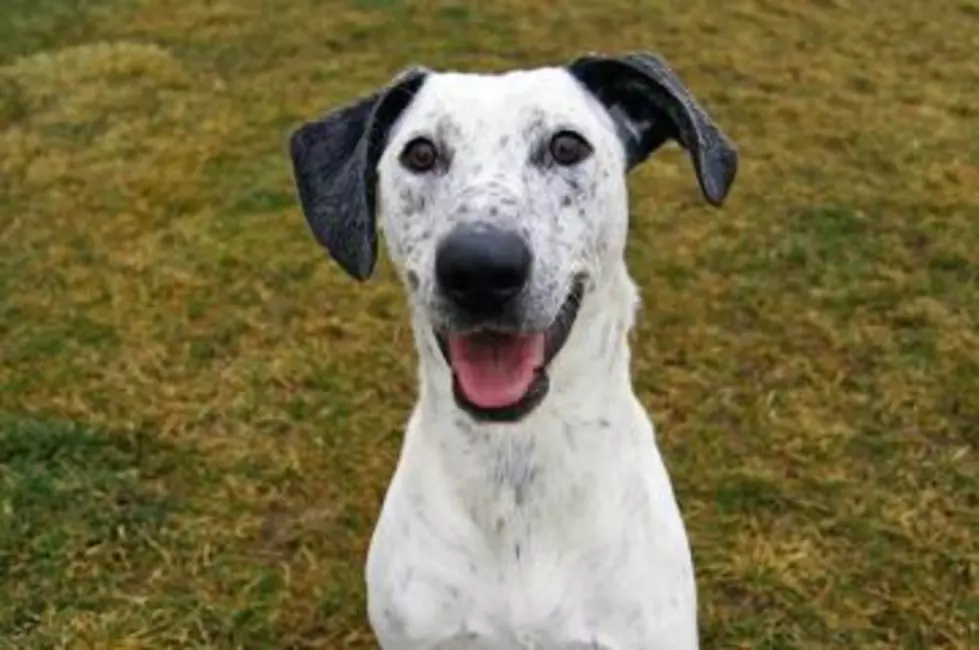
15 Things You’re Absolutely Banned from Burning in Your Idaho Bonfire
When done responsibly, bonfires, backyard fires and campfires are some of the most fun ways to spend time with your circle. But did you know there are certain things you’re not allowed to burn in those fires?
Most of us have been in a position like this before. You’re gathered around a fire, cooking hot dogs or roasting marshmallows. Someone’s packed all the plates and plastic utensils you need to keep your hands clean and the food off your clothes. When you’re done eating, you just toss all of that (and probably your soda cans too) into the fire and watch the flames swallow your trash.
Or maybe you’re lucky enough to have a backyard firepit. When you walked back into the kitchen to get more marshmallows, you looked at the pile of mail on your counter. There are some sensitive documents in that pile, like bank statements that you no longer need. You don’t have a shredder, so you grab them and toss them in the fire to destroy them for good.
You did it without thinking. And you did it without realizing you just did something illegal!
According to the Idaho Department of Environmental Quality, you are banned from burning household trash in any sort of fire. They’re not just making the rules to ruin your fun or inconvenience you. Your trash might look harmless, but it likely contains toxic pollutants like dioxin, furan and other chlorine-containing compounds.

The EPA explains that dioxins can cause cancer, and birth defects, damage your immune system and throw your hormones off. Health experts explain that inhaling furan can cause irritation of the nose, lungs, and throat. It may cause you to develop a headache, dizziness, lightheadedness or cause you to pass out. It’s also a known carcinogen that can damage the liver and kidneys.
So what are you prohibited from burning in Idaho? We’ve put together this list using resources from the Idaho DEQ.
It’s important to note that if you are having a fire you have a proper permit (if needed, depending on what part of the state you’re in) and that you’re not burning when there is a burn ban in place.




